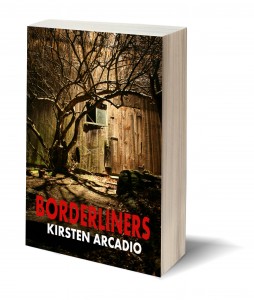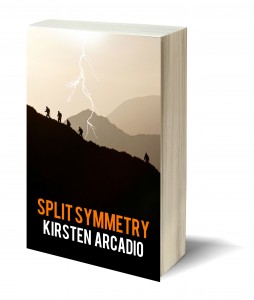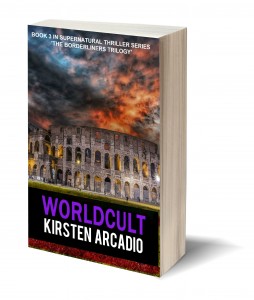Having just read this brilliant article about writing routines, I was thinking about how crucial regular writing is.
At the beginning of a recent creative writing course I attended, course participants were first asked to write down how and where we write. I was interested to see how varied people’s answers were.
My writing routine
My answers were as follows, and I have not changed them during the course of my studies:
- Write every day without fail. If I can’t do a section of my novel, I’ll write a poem or start a short story. If I can’t do any of those, I’ll resort to morning pages, which works every time to get me into the swing of writing.
- Write wherever I can in order to get the daily writing done. As I’m out and about a lot, work, have three children and a load of other distractions, I write on whatever I have to hand – usually the notepad app on my iPhone or iPad. Sometimes a notebook. If I’m really lucky, I’ll get my writing done on my laptop in my home office.
- Write at the same time every day – I try to write earlier rather than later in the day, as I know that after about 6pm the writing suffers. Some people write better at night though.
Separate writing time from editing time – very important. This is one area where I need to be firm with myself. If I’m writing I can’t be editing in the same session and vice-versa – just doesn’t work. - Close the door. If I can’t shut the world out physically, I’ll put headphones and music on. Some way or another, I have to isolate myself.
These procedures work for me, but the key to it all is discipline. Whatever you do, you probably need to do it regularly in order to make any real headway on a writing project.
Happy writing!





